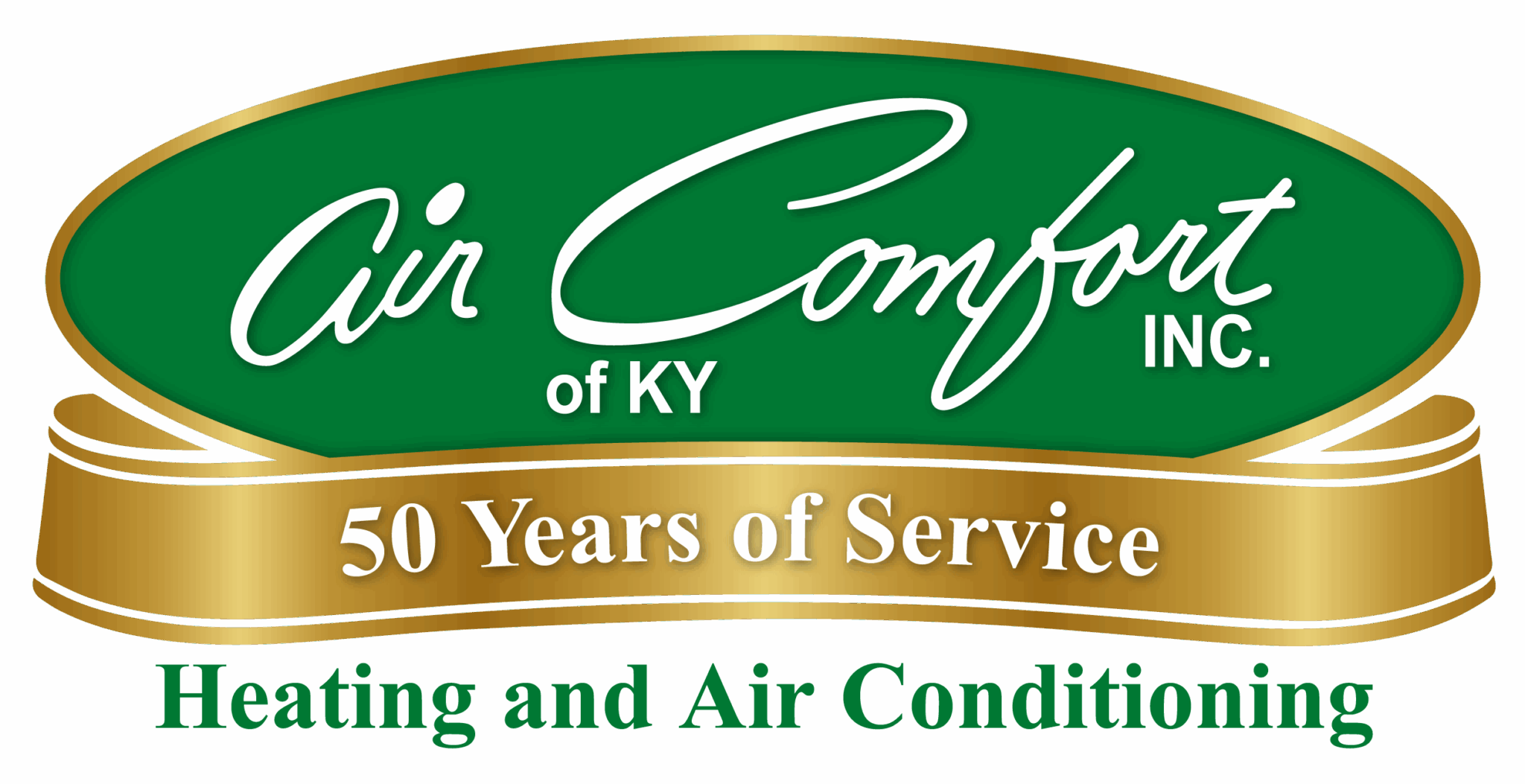When summer hits, it’s not just the heat that can make your home uncomfortable—it’s the humidity too. And while air conditioning systems are great at cooling the air, they can’t do it alone. Proper ventilation plays a crucial role in making sure your home stays comfortable during the warmer months. So, why is good ventilation so important in the summer? Let’s dive in and explore how the right airflow can help you avoid common summer issues like excessive humidity, mold growth, and overworking your HVAC system.
What is Ventilation and Why Does It Matter?
In simple terms, ventilation is the process of exchanging indoor air with outdoor air. This can happen through natural airflow—like opening windows—or through mechanical means, such as fans and HVAC systems. When it comes to summer, proper ventilation ensures that hot, stale air is replaced with fresh, cooler air, allowing your cooling system to work more efficiently.
But there’s more to it than just providing a nice breeze. During the summer months, homes often become humid, and excessive moisture in the air can lead to several problems. Proper ventilation helps remove that moisture and prevent it from building up, creating a more comfortable living environment.
The Connection Between Ventilation and Humidity
One of the most significant reasons why ventilation is so important during the summer is to combat humidity. In many parts of the country, summer brings increased humidity, which can make temperatures feel even hotter than they are. High humidity levels can make your air conditioner work harder, as it has to not only cool the air but also dehumidify it.
When your home lacks proper ventilation, moisture can get trapped inside. This can lead to stuffy rooms and an overworked AC system. But with the right ventilation, that excess moisture is cleared out, allowing your cooling system to do its job more effectively. It also helps prevent the build-up of mold and mildew, which thrive in humid environments.
Preventing Mold and Mildew Growth
Mold and mildew are more than just unpleasant to look at—they can also be harmful to your health. These fungi thrive in damp, poorly ventilated spaces, and summer’s humidity provides the perfect breeding ground. Without proper ventilation, areas like bathrooms, kitchens, and basements can quickly become prime locations for mold to grow.
By improving airflow in your home, you can reduce the likelihood of mold growth. Ventilation helps to move moist air out of your home, which prevents mold spores from settling in warm, humid spaces. A well-ventilated home is not only more comfortable but also healthier for you and your family.
Keeping Your Air Conditioner Efficient
Your air conditioning system is designed to cool and dehumidify the air, but it has limits. If your home is too humid or doesn’t have enough airflow, the system can struggle to keep up. This not only reduces your comfort but also puts unnecessary strain on your AC unit, potentially leading to breakdowns or higher energy bills.
Proper ventilation helps to alleviate this issue by ensuring that your AC isn’t working overtime to control humidity. With better airflow, your system can focus on cooling the air rather than battling excess moisture. This means your air conditioner will last longer and run more efficiently, saving you both time and money in the long run.
How to Improve Ventilation in Your Home This Summer
Now that we know why ventilation is so crucial, you might be wondering how to improve it in your home. Fortunately, there are several steps you can take to ensure that your home is well-ventilated this summer.
- Use Exhaust Fans: Install exhaust fans in areas like bathrooms and kitchens where humidity tends to build up quickly. These fans help pull moist air out and replace it with fresh outdoor air.
- Open Windows (When Possible): If the weather is mild and the outdoor air is dry, open your windows to encourage natural airflow. This can help refresh indoor air and reduce the feeling of stuffiness.
- Check Your HVAC System: Ensure that your HVAC system is properly maintained, especially the ventilation system. Clean ducts, replace air filters, and schedule regular maintenance to ensure your AC is working efficiently.
- Consider a Dehumidifier: If you live in a particularly humid area, you might want to invest in a dehumidifier to help reduce moisture in the air, which will support both your HVAC system and your comfort.
- Install Ventilation Grills and Vents: Adding vents in specific areas of your home, like attics or crawl spaces, can improve airflow and prevent hot, humid air from becoming trapped.
- Consider Zoning: If your home has multiple levels or areas that tend to get hotter than others, consider installing a zoning system. This allows you to control airflow in different parts of your home for maximum comfort and efficiency.
Breathe Easier This Summer
When it comes to summer, proper ventilation is just as important as your air conditioning system. It ensures that your home remains comfortable, reduces the strain on your AC, and helps prevent humidity-related problems like mold and mildew. By investing a little time and effort into improving your home’s ventilation, you’ll not only make the warmer months more enjoyable but also ensure that your HVAC system works more efficiently, saving you money and hassle in the long run.
So, as the temperatures rise, remember to think beyond just your AC. A well-ventilated home is key to staying cool, comfortable, and healthy all summer long.
